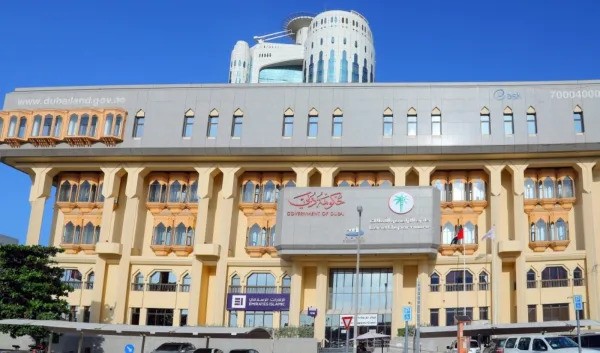The Dubai Land Department (DLD), a government authority in the real estate industry, has launched a real estate tokenization pilot programme and claims to be the first real estate registry department in the Middle East to use blockchain technology to regulate ownership titles.
The program was established in collaboration with the Virtual Assets Regulatory Authority (VARA) and the Dubai Future Foundation. The project is consistent with Dubai’s 2033 real estate strategy and overall attempts to boost its position as a global technological hub.
The organization predicted that tokenized real estate would account for 7% of all property transactions in the city by 2033, totaling 60 billion dirhams ($16 billion).
Dubai’s effort for real estate tokenization mirrors a growing trend of incorporating blockchain into traditional markets, putting real-world assets (RWA) such as bonds, funds, and credit on crypto rails.
The digital token version of RWAS can be obsessed with blockchain and transferred, reducing the entry barrier for investors and increasing market liquidity. In contrast to crowdfunding, an investor fund for property purchases, tokenization offers a structured owner model. Last year, in the McKinsey Tokenization Report, the real estate was listed as one of the classes exposed to slow growth toilet implementation due to surgical hurdles.
Marwan Ahmed Bin Ghalita, director general of DLD, said the initiative would “simplify and enhance buying, selling and investment processes” in local real estate, and the department is working with technology firms to improve the concept before expanding it.
